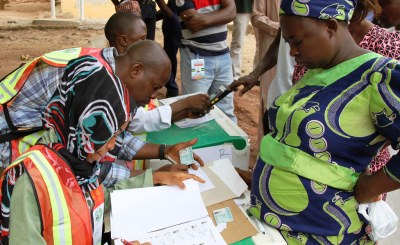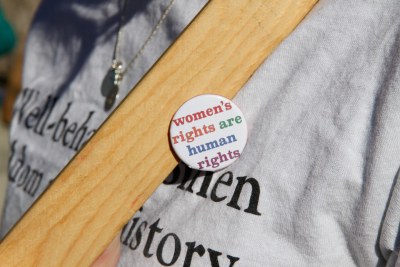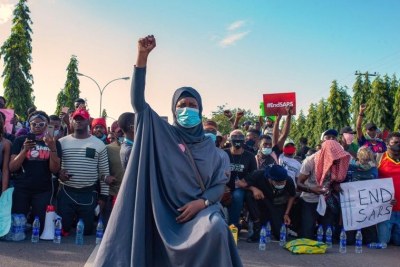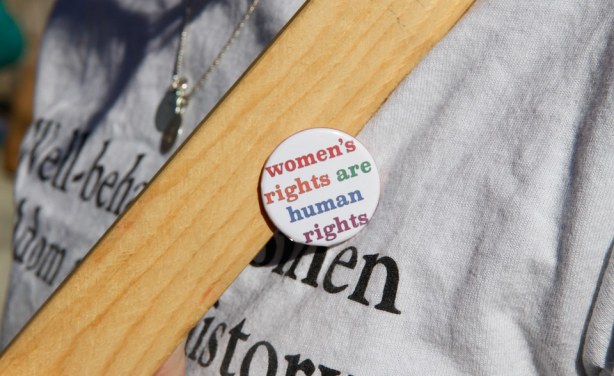-
Nigeria: Patriarchy Persists in Nigeria - and Men Aren't the Only Ones Who Keep It That Way
The Conversation Africa, 4 August 2022
Chrisland Schools on Victoria Island in Lagos was recently in the news for the wrong reasons. Nigerian newspapers - and some further afield - carried the story of an incident in… Read more »
-
Nigeria: Nigeria's Struggle for Gender Equality Gathers Pace Amid Protests
CFR, 8 March 2022
Women's activism in Nigeria has forced the government to take a second look at proposals that would grant women greater freedoms. Read more »
-
Nigeria: The Case for Nigerian Women
This Day, 8 March 2022
Nigeria women deserve a better deal Read more »
Patriarchy Persists in Nigeria, But Women Also Uphold It
Patriarchy is a socio-cultural system that privileges maleness over femaleness and enthrones masculine domination of women. This system is evident where authority is vested in men as a category, and especially in senior men or old men, who, as custodians of their cultures, ensure general compliance with social and cultural norms. Patriarchal dominance evolved into a formidable institution with clear political undertones, writes Egodi Uchendu for The Conversation.
For example, the Chrisland School incident whereby they're allegations of drug use, pornography and sex by under-aged children - four boys and a girl - representing their school in the games at the World School Games in March 2022 in Dubai. The students allegedly had sex and it was recorded.
The incident raises some important issues around the issue of patriarchy because of the way in which blame was apportioned. Some media reports blamed the mother of the ten-year-old girl. The father was never mentioned. Nor was the conduct of the parents of the four boys involved ever mentioned. The boys were not strongly reprimanded, the girl was.
Uchendu's research has found that Nigerian women also contribute - with or without knowing it - to reinforcing the institutions that oppress them and undermine gender equality. Nigerian women, like men, perpetuate patriarchy in various ways. One is by consenting to institutionalised patriarchy by philosophically reasoning: "it has always been so ... why should we raise any objections?". This timid acceptance of male domination pervades the psyche of many Nigerian women and determines how they see their world and their experiences. Thus conditioned, it becomes difficult for most to fight patriarchal bondage or to assert themselves, she added.
InFocus
-
Nigeria's House of Representatives may have buckled under pressure from women across the country, rescinding its resolution on three gender bills it earlier threw Read more »
-
Nigerian activist Aisha Yesufu started participating in protests as a school student nearly three decades ago - but she says it has not been easy. Nigeria's female activists ... Read more »





